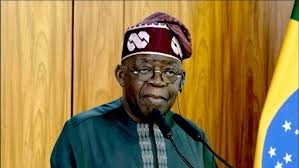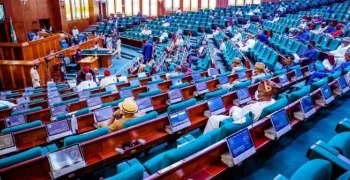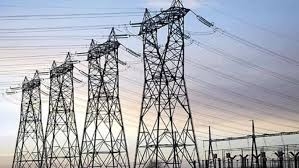For the first time in decades, the World Bank is returning to the nuclear energy sector as part of a broader push to meet the surging electricity needs of developing nations, President Ajay Banga announced on Wednesday.
In a message to staff, Banga outlined the bank’s renewed commitment to working with the International Atomic Energy Agency (IAEA) to enhance safeguards on nuclear proliferation and improve regulatory structures.
“We will support efforts to extend the life of existing reactors in countries that already have them, and help support grid upgrades and related infrastructure,” Banga wrote in the memo.
According to Banga, electricity consumption in developing countries is projected to more than double by 2035. To address this growth, annual investments in energy systems—including generation, transmission, and storage—must rise significantly, from $280 billion to roughly $630 billion.
The World Bank’s move signals a broader shift in energy policy under Banga’s leadership, who assumed the presidency in 2023. He has emphasized a pragmatic, country-specific approach to development, particularly in the energy sector.
“The goal is to help countries deliver the energy their people need, while giving them the flexibility to choose the path that best fits their development ambitions,” Banga said.
In addition to supporting existing nuclear infrastructure, the bank will promote the development of Small Modular Reactors (SMRs), aiming to accelerate their viability for broader use across more nations.
While nuclear energy is now back on the table, Banga noted that internal consensus has not yet been reached on other contentious issues—most notably, the World Bank’s potential role in financing upstream gas projects. “We have yet to reach agreement within our board on whether to engage in upstream gas, and under what circumstances,” he acknowledged.
The return to nuclear finance aligns with calls from key stakeholders like the United States, the World Bank’s largest shareholder, which has advocated for removing previous restrictions on nuclear project funding. U.S. Treasury Secretary Scott Bessent recently emphasized the importance of reliable energy solutions, stating the bank should prioritize “dependable technologies” over “distortionary climate finance targets.”
Beyond nuclear, Banga reaffirmed the institution’s continued support for retiring or repurposing coal plants and advancing carbon capture technologies across industrial and power sectors.
The policy shift marks a significant development in the global energy landscape, potentially opening the door for more diverse, cleaner, and flexible solutions to the energy access challenges facing low- and middle-income countries.






















